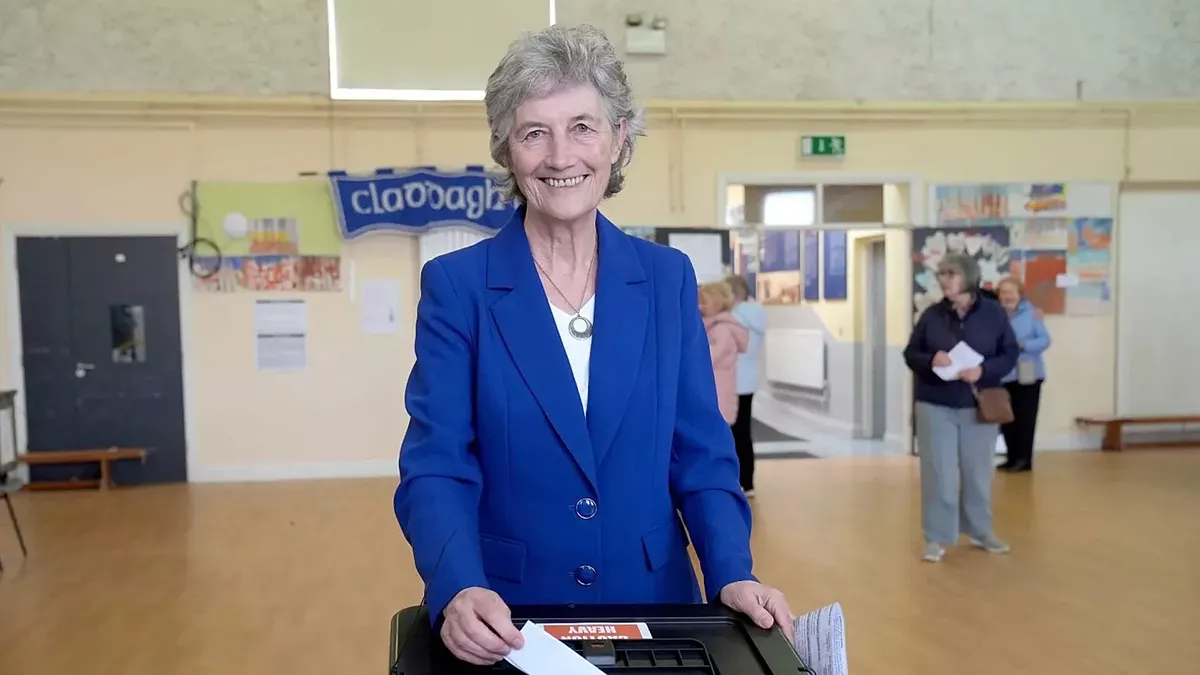The regulations seek that essential remedies be delivered in less than ten days in cases of extreme emergency. It impacts the National Directorate of Direct Compensatory Assistance.
He Government issued new regulations for the provision of medications directly to people in “special situations” where their life is at “certain risk.” As detailed, the change seeks to guarantee a more agile and effective response to the needs of people in a state of vulnerability.
The content you want to access is exclusive to subscribers.
The measure was made official after the publication of the Resolution 42/2025 published in the Official Gazette of the date. The new regulation defines the necessary steps so that citizens can request and receive essential medicines in cases where They lack medical coverage.


Medications: the new regulations for the assistance of people in a state of vulnerability
In detail, the Resolution was signed by the Minister of Health, Mario Lugones, and establishes a new regulation for the delivery of medications in special cases. The text modified the necessary steps so that citizens can access essential medicines when they lack medical coverage.
In this sense, the regulation establishes detailed procedures for situations of “exceptionality and extreme urgency.” In this way, it is detailed that the medication must be provided in less than “ten business days“and even “the deadlines for a direct contract due to urgency and/or emergency do not allow the public need to be satisfied in a timely manner, the DINADIC, with prior authorization from the Undersecretary of Health Planning and Programming and the Secretary of Health Management or those that in replace them in the future, and the Secretary of Administrative Management may opt to carry out a procedure to compel offers within its own administrative area”.
annex_7280770_1.pdf
Official Gazette
In detail, assistance will be considered “the provision of medicines to all those peoplewho require it, in a vulnerable situation, who present an acute or serious health problem in which their life is at certain risk (terminal illness or serious chronic pathology), and who do not have social work, prepaid medicine, Include Health, PAMI or any other type of health coverage or programwho cannot satisfy their needs through the provincial ministries, the Autonomous City of Buenos Aires and/or municipal health secretariats, as well as through Programs of the Ministry of Health of the Nation“.
Among other modifications, the regulation also provides the documentation required to begin the process of requesting the remedy and dictates a new circuit for acquiring medicines.
Steps to request medication assistance
The new text details a four-stage administrative circuit to manage requests. They will be:
- Procedure entry: The owner, representative or agent must present the required documentation, including prescriptions signed by medical professionals and refusals from other health organizations. This process can be carried out in person or through the Remote Procedures (TAD) platform.
- Technical and social validation: Once the request is entered, social workers and medical auditors will evaluate the documentation to determine the urgency and validity of the request.
- Medical audit: At this stage it is analyzed whether the case involves an imminent risk of life. If so, the acquisition and delivery of the medication is prioritized.
- Delivery: Once the procedure is approved, the medication is coordinated as quickly as possible, ensuring the traceability of the process.
What documentation does the new regulation require? for direct medication assistance
As detailed by the Government in the new regulations, each citizen must submit an application and specific documentation to access the program. Beneficiaries must deliver:
- Application form
- ID
- Sworn declaration
- ANSES negative certification: of the current month and that proves that you do not have social security or health insurance.
- Medication Request Form: It must be completed by the treating physician, with his or her signature and seal, that of the director or head of service, and the seal of the public institution that issues it.
- Medication prescription: must have the indication of the treatment by generic name of the drug, in accordance with the provisions of Law 25,649 and its regulations; and issued in accordance with the Digital Recipes Law No. 27,553, and its regulatory and amending standards. In addition, it must have the signature and seal of the treating doctor, head of the service or director of the hospital, and an updated date of issue for a maximum of 60 calendar days.
- Medical history summary
- Supporting medical studies
- Social report
- Municipal refusal
- Provincial refusal
- Refusal of the National and Provincial Drug Bank
Source: Ambito




